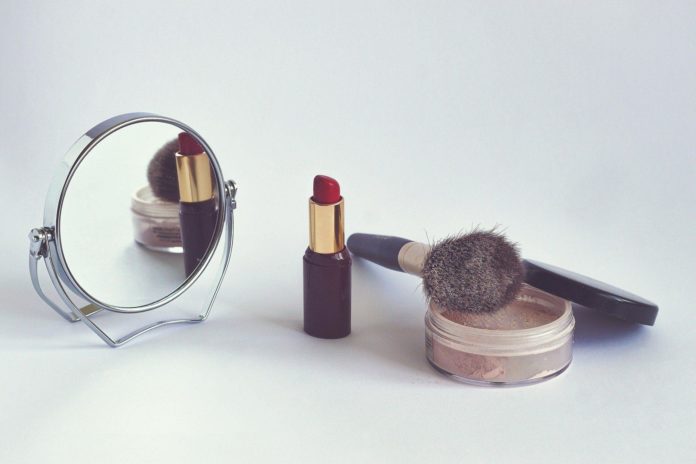Henkel, L'Oréal, LVMH, Natura &Co and Unilever announce a unique global collaboration to co-develop an industry-wide rating system for the environmental impact of beauty products. The objective is to develop a system that is common to all companies in the cosmetics sector and that provides consumers with clear, transparent and comparable information using a common scientific methodology. The five companies invite other cosmetics players to join this initiative.
Meeting expectations for transparency
This new rating system aims to meet the growing demand of consumers for transparency regarding the environmental impact of cosmetic products (formula, packaging and use). The objective is to improve the information available to consumers, thus enabling them to make more sustainable consumption choices.
To this end, a consortium will be created and opened to all companies in the sector wishing to collaborate in order to co-create a device allowing consumers to compare cosmetic products within the same category. The aim is for the overall score to inform consumers of the environmental impact of products, taking into account their entire life cycle.
Co-constructing a scientific methodology and a scoring system
It is proposed that the consortium work with the consulting firm Quantis, to ensure a robust and scientific approach, and that efforts to co-construct the methodology and voluntary rating system be guided and articulated around:
1. A common method for measuring environmental impacts throughout the life cycle of products, based on the principles of the Product Environmental Footprint (PEF), the European Union's scientific method for quantifying the environmental footprint of products;
2. A common database on the environmental impacts of standard ingredients and raw materials used in formulations, packaging and during use.
3. A common tool allowing each brand to calculate the environmental impact of each of its products, and usable by non-specialists.
4. A harmonized rating system, e.g. with a score from A to E, that allows the consumer to easily compare products. The methodology, databases and tool of this system will be verified by independent auditors.
Engage all actors in the cosmetics sector
This initiative is open to all players in the cosmetics sector, regardless of their size or resources. A panel of independent experts will also be informed and consulted throughout the process. The companies behind the initiative will share their experience and knowledge in the development of environmental impact assessment systems (such as those designed by Henkel, L'Oréal, LVMH, Natura &Co and Unilever) and environmental and social display systems (such as the one developed by L'Oréal). All companies will benefit from this pre-existing work and are invited to contribute their own experience. The consortium will also consult with external experts, including scientists, academics and NGOs to ensure the continued integrity of their approach. The work developed by the consortium will be made public and accessible, on a strictly voluntary basis, to both consortium members and any other interested parties.
"It is possible in the cosmetics sector, as it has been done in other sectors, to build a scientific system for assessing the environmental impact of products, based on a complete life cycle analysis. The condition is the pooling of knowledge and expertise, particularly concerning environmental impact data; this is the path that the founding members of the consortium are committed to "Philippe Osset, an expert in the application of life cycle assessments to eco-design, is a consultant providing his expertise to the European Commission and Afnor (French Association for Standardization).
Cosmetics Europe has agreed to follow the activities of the consortium as an observer, other professional associations are being contacted to participate.




